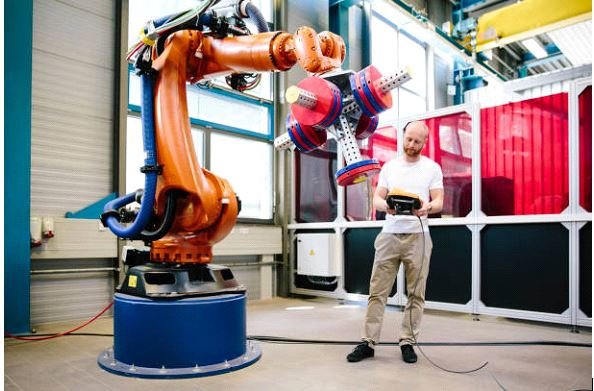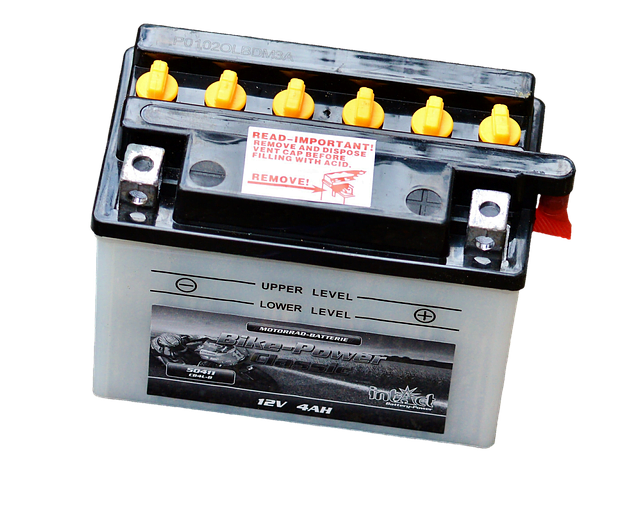
tech industryIn today’s technology-driven world, one industry that has gained immense popularity is the Hi-tech manufacturing industry. Thanks to the wave of digitization and the emergence of robust technologies like Analytics, Cloud computing, Artificial intelligence, Mobility, Social Media, IoT, etc.
The path to this soaring success has not been so easy. Of course, there were challenges like cut-throat competition, sophisticated supply chains, and the ever-lasting expectations to bring innovations in the products.
But sadly, despite the daily technological updates and latest development, many people still are unaware of what hi-tech and manufacturing solutions are. In the mid-20th century, the term ‘Hi-tech’ was used to mark out the world-changing technologies like atomic energy, integrated circuits, and televisions.
At that time, these were an entirely new level of technology compared to what had existed before. But as modernization came in and technologies kept on coming and going, the term continued to evolve. Fortunately, you will get a brief explanation here once you look at the industry’s manufactured products and other essential aspects.
Identifying Hi-tech manufacturing industries
The hi-tech manufacturing industry is the one which utilizes cutting-edge technology to produce various kinds of products. The word hi-tech refers to the most advanced, expensive, and complex.
From building next-generation digital products and platforms that help you enhance your customer experience and migrating your business to the cloud, and automating your business process to implementing enterprise applications, everything in between falls under hi-tech manufacturing.
While there are several definitions, the industries that genuinely define hi-tech manufacturing are computing and automation, telecom and networking, commercial jet aircraft, modern pharmaceuticals, advanced medical instrumentation like MRI machines, etc.
Hence, it can be said that the hi-tech industry is gradually transforming across various segments, including healthcare, communication, manufacturing, retail, transportation, and more.
Role of Hi-tech manufacturing in various industries
Consumer Electronics
There’s no denying that today’s market is consumer-centric. There is a significant shift observed that pivots around ‘consumer experiences.’ Modern technologies such as AI, AR/ VR, NUI are being utilized to ensure next-gen consumer experiences.
Present-day customers are “on the move” and desire to enjoy consistent experiences with them without any quality loss. Therefore, hi-tech industries are required to adapt to the changing dynamics of the industry.
Online and platforms
With the burst of digitization, the global market has migrated to the digital place. Owing to which more and more businesses are going digital every day.
There’s no relevance between the companies’ physical locations and consumers because digital platforms have empowered the users by enabling user-generated content. Thus, developing a one-on-one relationship between vendor and consumer and delivering individualized experiences.
Semiconductors
Semiconductors act as the facilitators of all prominent technologies that drive the global economy. The increasing adoption of Cloud/Edge Computing, Industry 4.0, AI, and 5G networks in various industries steer the demand.
For this reason, vendors are looking at their technology partners to scale efficiently and enable their businesses to outclass their competitors.
Software
There is no exaggeration to say that the world is running on software. Yes! But the truth is building software is not just about writing code; it involves an agile approach with a vigilant eye to ensure that software is stable and valuable to the end-user. No matter which industry it belongs to, every company has a software company running inside it and seamlessly provides all its operations.
Achieving these technological advancements would have been next to impossible without hi-tech and manufacturing solutions. Furthermore, as the world is diving deep into digitization, it will throw up enormous new opportunities and challenges. So are you ready to adapt to future technologies? If not, all you need is the right technology partner.
[custom-twitter-feeds feed=2]






